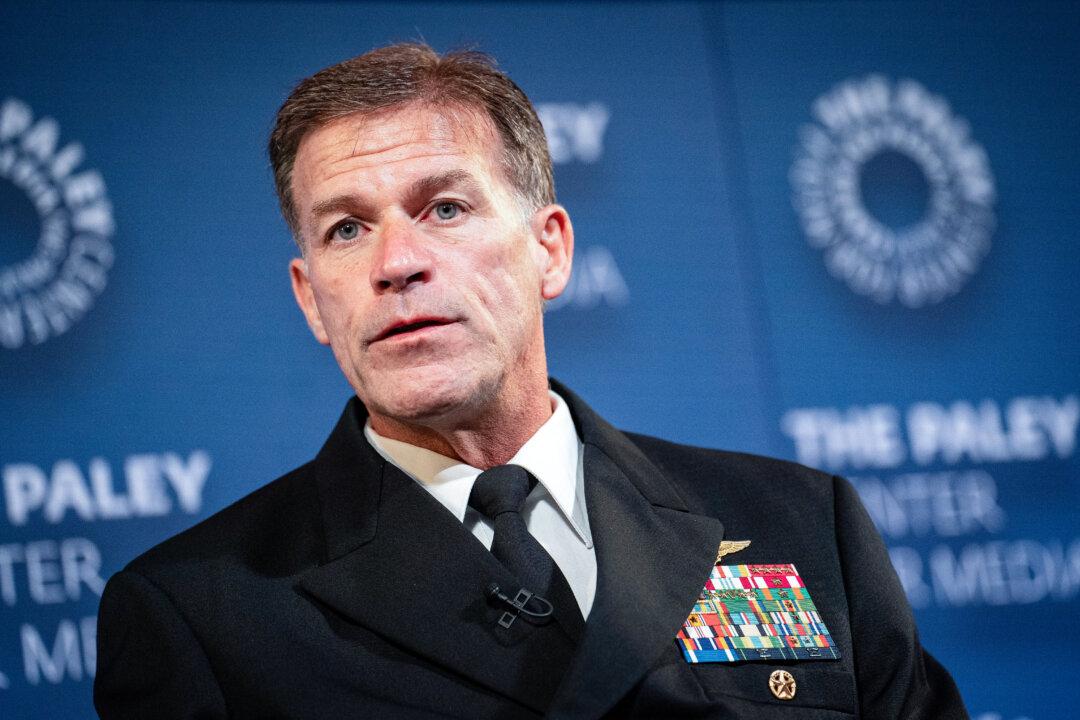China’s communist regime is investing in military technologies that it believes will be capable of exploiting vulnerabilities in U.S. defenses, according to the top military commander in the Indo-Pacific.
That effort is part of a plan by the Chinese Communist Party (CCP) to assimilate Taiwan and displace the United States as the world’s leading superpower, according to Adm. John Aquilino, commander of the U.S. Indo-Pacific Command.




